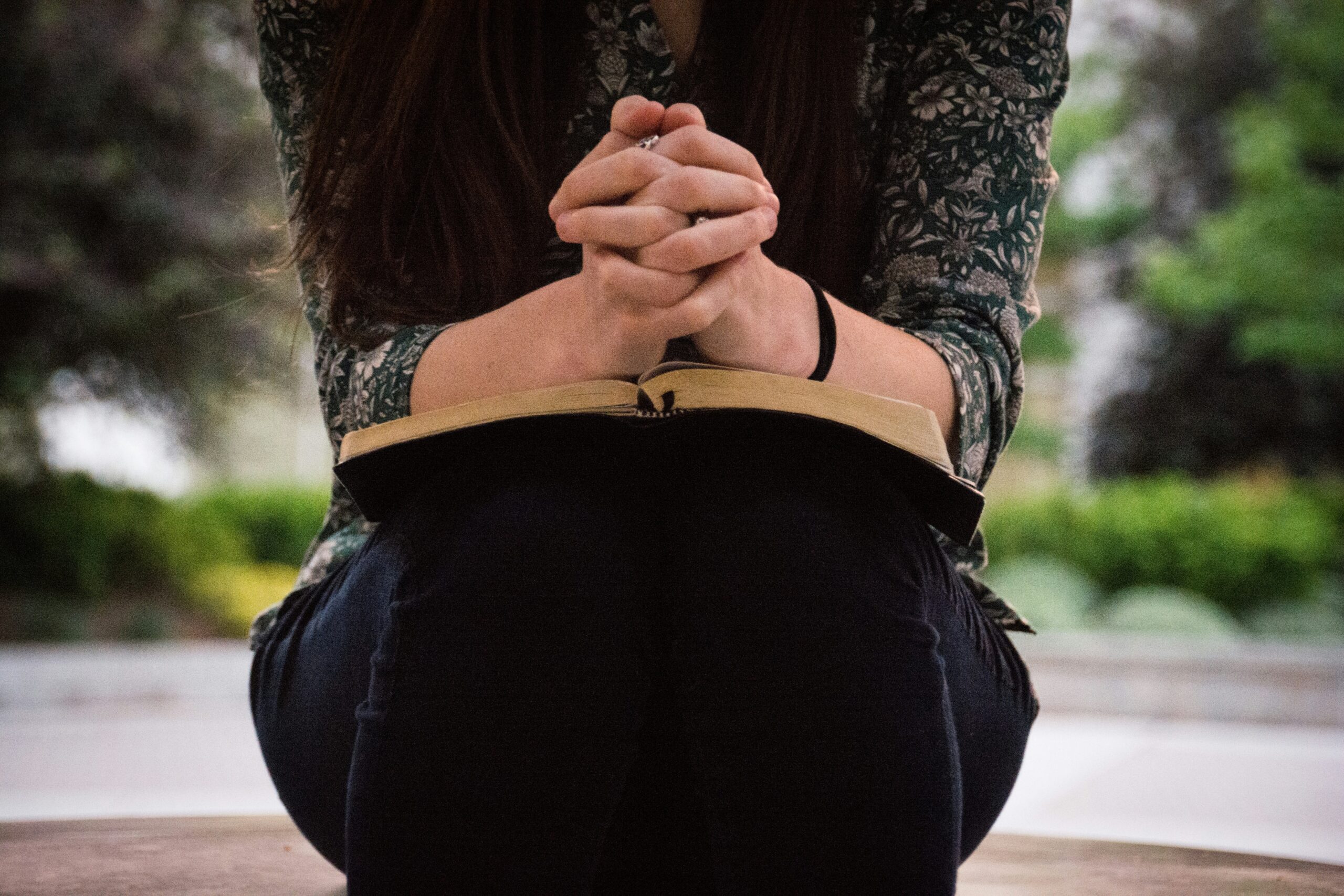While We Know The Worst, We Believe The Best by Kim Reisman

Scripture Focus:
Well then, should we keep on sinning so that God can show us more and more of his wonderful grace? Of course not! Since we have died to sin, how can we continue to live in it? Or have you forgotten that when we were joined with Christ Jesus in baptism, we joined him in his death? For we died and were buried with Christ by baptism. And just as Christ was raised from the dead by the glorious power of the Father, now we also may live new lives. Since we have been united with him in his death, we will also be raised to life as he was. We know that our old sinful selves were crucified with Christ so that sin might lose its power in our lives. We are no longer slaves to sin. For when we died with Christ we were set free from the power of sin. And since we died with Christ, we know we will also live with him. We are sure of this because Christ was raised from the dead, and he will never die again. Death no longer has any power over him. When he died, he died once to break the power of sin. But now that he lives, he lives for the glory of God. So you also should consider yourselves to be dead to the power of sin and alive to God through Christ Jesus.
Romans 6:1-11 (NLT)
Earlier this year, we talked about faith as one of the three “theological virtues.” This month we’re thinking about faith and faithfulness, faithfulness as a fruit of the Spirit.
William Stringfellow was a well-known lawyer, theologian, and author who used his legal skills to defend the poor. He was an outspoken opponent of all forms of oppression and considered by many to be one of the most outstanding lay theologians of the 20th century. In 1974, he served as defense lawyer for eleven women who were irregularly ordained to the Episcopal priesthood. It was a case that opened the way for the official recognition of the ordination of women in the Episcopal Church.
Stringfellow died in 1985 at the age of fifty-six. Three days after his death, friends and family gathered at his island home to celebrate his life. Daniel Berrigan, a Roman Catholic priest, poet, and peace advocate, gave the eulogy. The magazine Sojourners reprinted part of what he said:
For thousands of us, he became the honored keeper and guardian of the word of God; that is to say, a Christian who could be trusted to keep his word, which was God’s word made his own. To keep that word close, to speak it afresh, to make it new…
He could act honorably and courageously on occasion, in the breech, because he lived that way, over the long haul. In public and private, in good times and ill, in health and sickness, he kept his word.
And that word, which he kept and guarded and cherished, it now keeps him. That is the way with the Word, which we name Christ. The Covenant keeps us, who keep the Covenant. [1]
That’s the picture of faithfulness: “The Covenant keeps us who keep the Covenant.” Because our faith is in God’s faithfulness, we can be faithful.
Days like ours call for faith and faithfulness: faith in the One who, in all grace, died for our sins, and died that sin and evil might die; faithfulness to our experience of redemption, and the promise that, by Jesus’ power, “we are no longer slaves to sin” (Romans 6:6).
Days like ours call for faithfulness. Political problems which are baptized with evil and energized by institutional selfishness are complex, some would say unsolvable. Human problems such as poverty and starvation are so monumental that we’re tempted to throw up our hands. The strong forces of evil have their work recorded in daily news stories of crime, pornography, violence, racism, human beings being exploited and their dignity trampled. The word of Paul that sin abounds is an understatement. But Paul didn’t stop with a partial diagnosis. Sin abounds – but grace abounds even more. It’s hard to see. So very hard to see. And that’s the reason the fruit of faithfulness is so desperately needed in our day.
We’ve entered the season of Advent, a time of preparation for the most mind-boggling yet life-giving indication of God’s faithfulness – The Word becoming flesh to dwell among us. As you pray and fast in the coming days, reflect on the truth that the most meaningful things in life – our relationship to God, friendship, opportunities – these things often come as a result of decisions we have made, steps we have taken. Where are you in life as a result of the steps you have taken? What role have faith and faithfulness played?
I will be praying for you! That you would live out the truth that the Covenant keeps those who keep the Covenant.
[1] Daniel Berrigan, Sojourners Magazine, May 1985, p33.
Subscribe
Get articles about mission, evangelism, leadership, discipleship and prayer delivered directly to your inbox – for free



